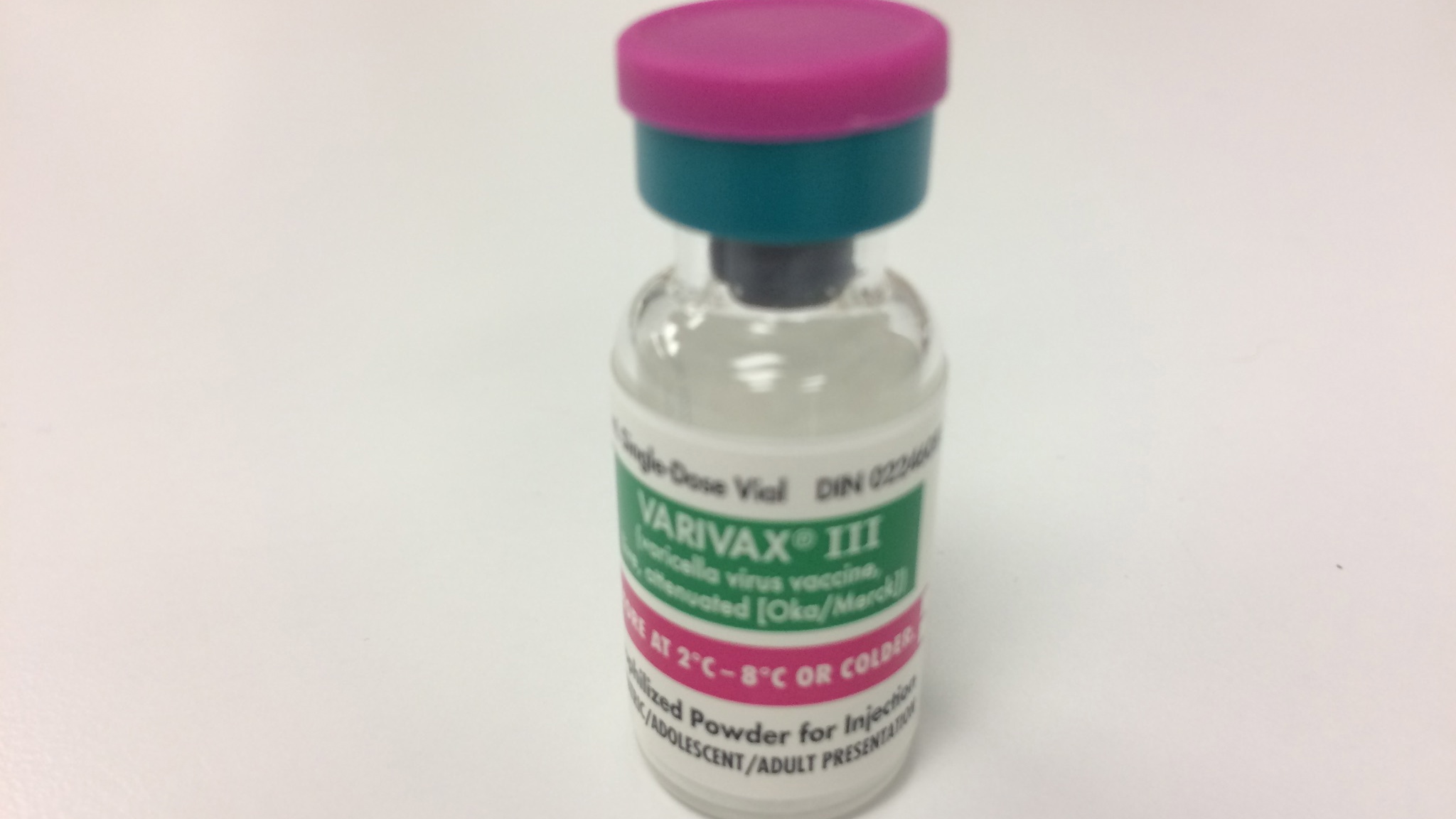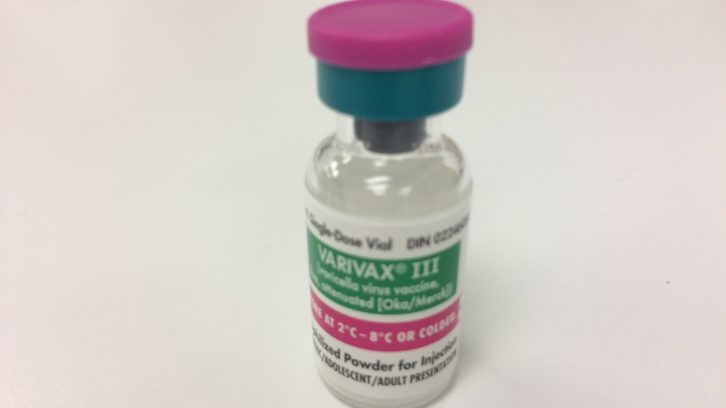Health
More cases of the measles in Nova Scotia
Measles is highly contagious

caption
Measles, Mumps and Rubella (MMR) vaccine.
caption
Measles, Mumps and Rubella (MMR) vaccine.There are now seven confirmed cases of measles — all involving young adults. On Feb.14 Public Health had confirmed three cases.
In a news release Thursday, Dr. Trevor Arnason, medical officer of health for Halifax, Eastern Shore and West Hants, said this shouldn’t be a surprise because the measles virus is contagious, but the numbers are still low.
The last confirmed case of measles in Nova Scotia was in 2008.
So far, all cases involve young adults. Most people are protected from measles as they were vaccinated. However, adults born between the 1970s and 1990s have only received one dose of measles-mumps-rubella (MMR) vaccine. This makes them more susceptible for contagion.
Organizations and businesses should tell their staff and clients about measles symptoms and know what to do if symptoms develop.
According to Health Canada, these are the measles symptoms that can appear a week or two after exposure:
- fever
- cough
- runny nose
- red eyes
- feeling sleepy
- feeling cranky
Small, white spots might also appear inside the mouth and throat. A blotchy rash can also appear on the face and spread to other parts of the body.
Anyone with measles symptoms should call their local Public Health office or 811 to get advice from a nurse.
People most at risk of catching the disease are infants, pregnant women and those with weak immune systems, but most people fully recover in two to three weeks.
Nova Scotians born after the 1970s can receive a second dose of the MMR vaccine for free through their primary health-care provider.

